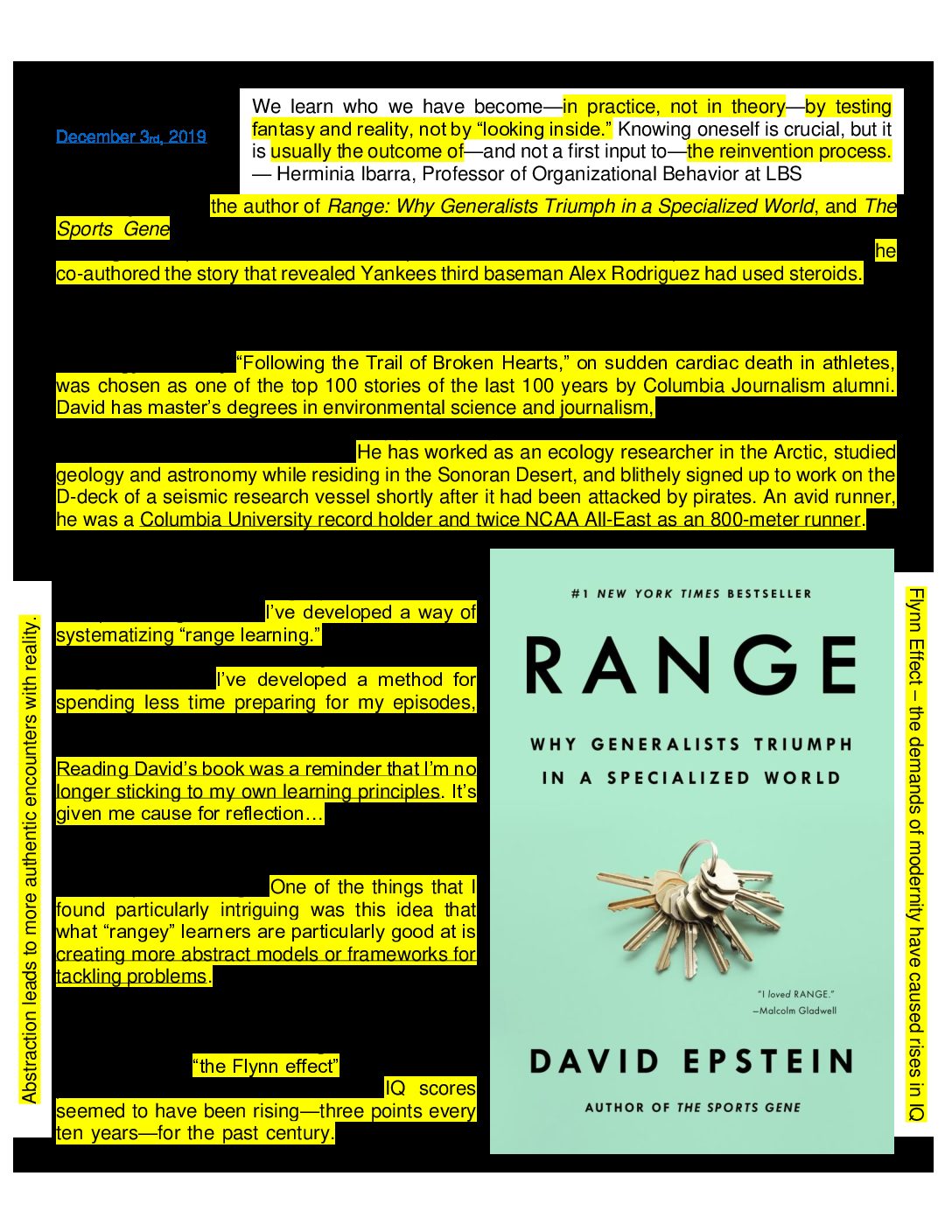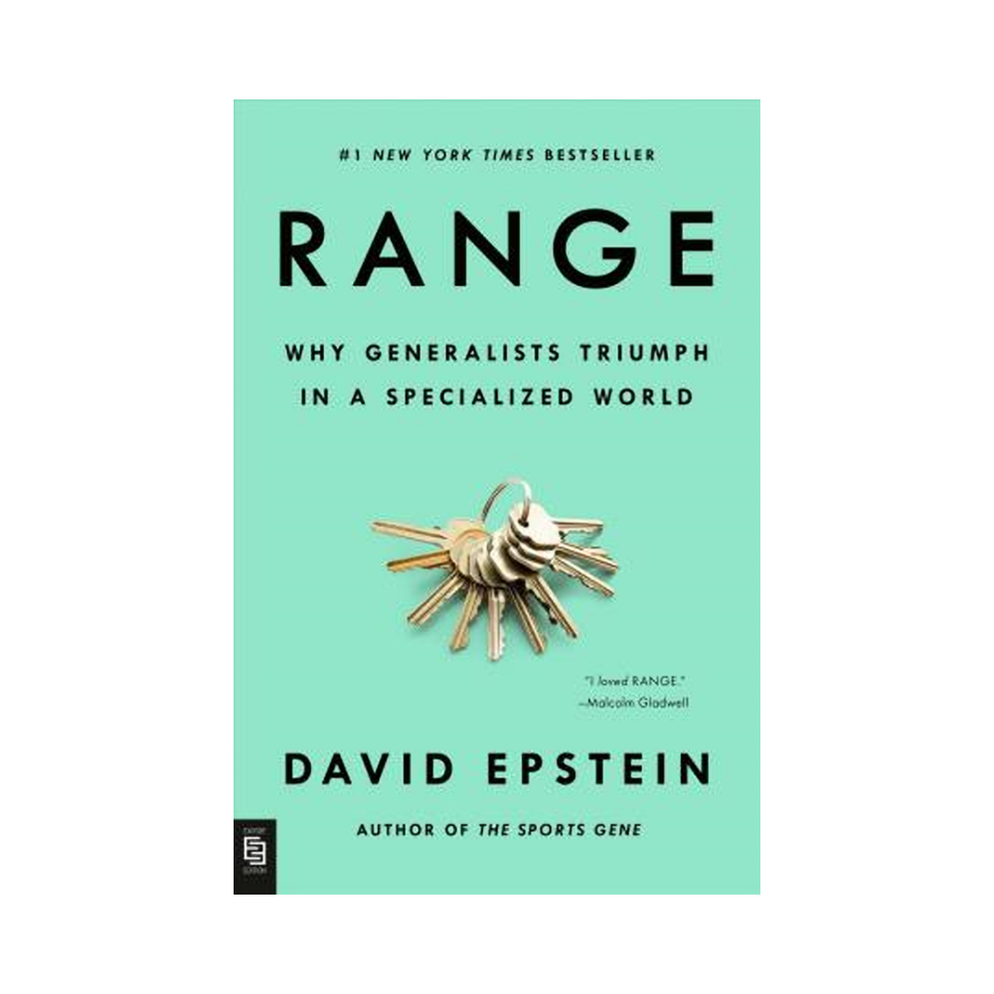

Sometimes classes would have the entire board covered with dead ends and all included. Rather than seeking the right answers, it encourages a process of learning, allowing students to participate on the blackboard. The main components of this method incorporate a more dynamic learning process. Recalling Jack Cecchini, maybe you could show someone something that you've learned, but does that mean they will understand what it is that you showed them?īansho Teaching Method - This teaching method, started in Japan and in doing further research, has expanded to parts of Canada. As soon as a class begins to struggle, the teacher will prod the class and provide hits to the correct answer. We've all seen this in our own experience. The most common behavior for teachers was to morph connection questions into procedure questions.

The difference in teaching method emerged with how teachers reacted after asking connection questions. Making connections - These problems aim at teaching a broader concept, getting to a student to articulate why a particular procedure gets the answer it does. The teacher walks us through various examples and then gives practice problems through the same method. The most straightforward example is how much of learning math. Using procedure - Practicing something that was just learned. If you missed the previous chapters you can find them here:Ĭhapter 2 - How the Wicked World Was MadeĬhapter 3 - When Less of the Same Is MoreĬhapter 4 - Learning Fast and Slow Making-Connection Questions The book is about being broadly curious to solve problems more effectively. Or if you are a curious person might berate themselves having too many interests. If the quote," jack of all trades, master of none." resonates with you, this book will fascinate you. Why generalists succeed in a specialized world? Who should read this?Īll books have a thesis they attempt to answer, and Range's subtitle gives away the thesis right on the cover! They’re also more creative, more agile, and able to make connections their more specialized peers can’t see.

Generalists often find their path late, and they juggle many interests rather than focusing on one. He discovered that in most fields-especially those that are complex and unpredictable-generalists, not specialists, are primed to excel. David Epstein examined the world’s most successful athletes, artists, musicians, inventors, forecasters, and scientists.


 0 kommentar(er)
0 kommentar(er)
